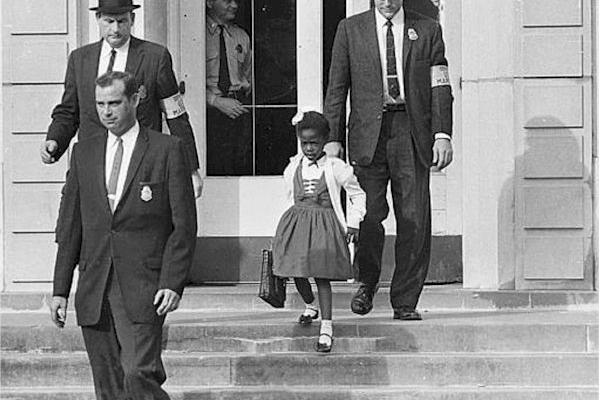Apr 29, 2019
Many white Americans want racial reconciliation to be like Borges’s legend. Like my relative’s friend, they want race and racism to be “over.” They think that Black and indigenous populations should forget that we stole their land and their bodies, made ourselves rich off their goods and their labor. After all, most white people have forgotten these facts. Slavery and manifest destiny are in the past, they protest; the civil rights movement has guaranteed equality for all — it even led to a black president. Instead of listening and entering into dialogue — the true beginning of reconciliation — they square up in the kitchen and declare racism “an excuse.”
Read the Full Article

Already a subscriber? Login
